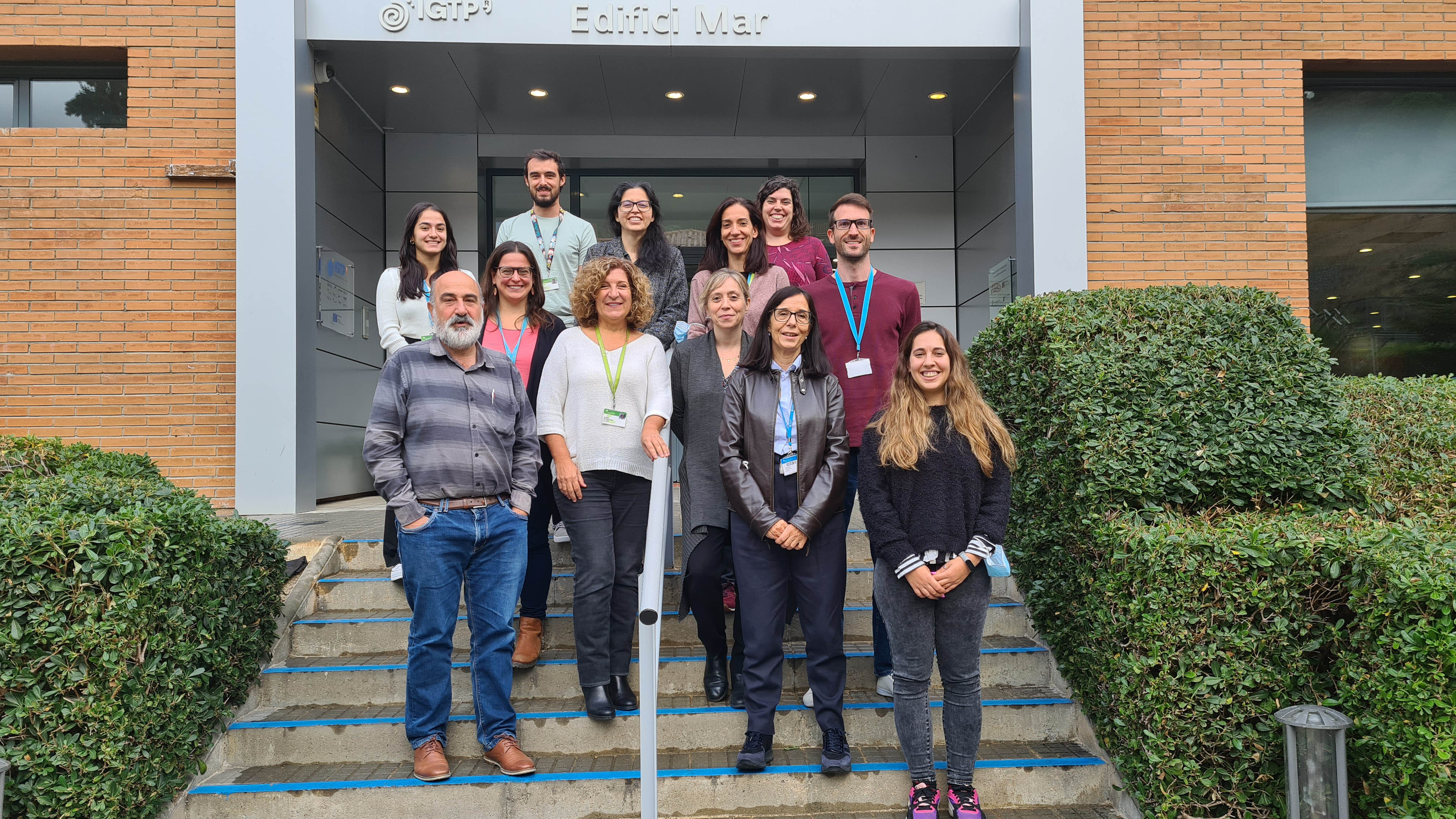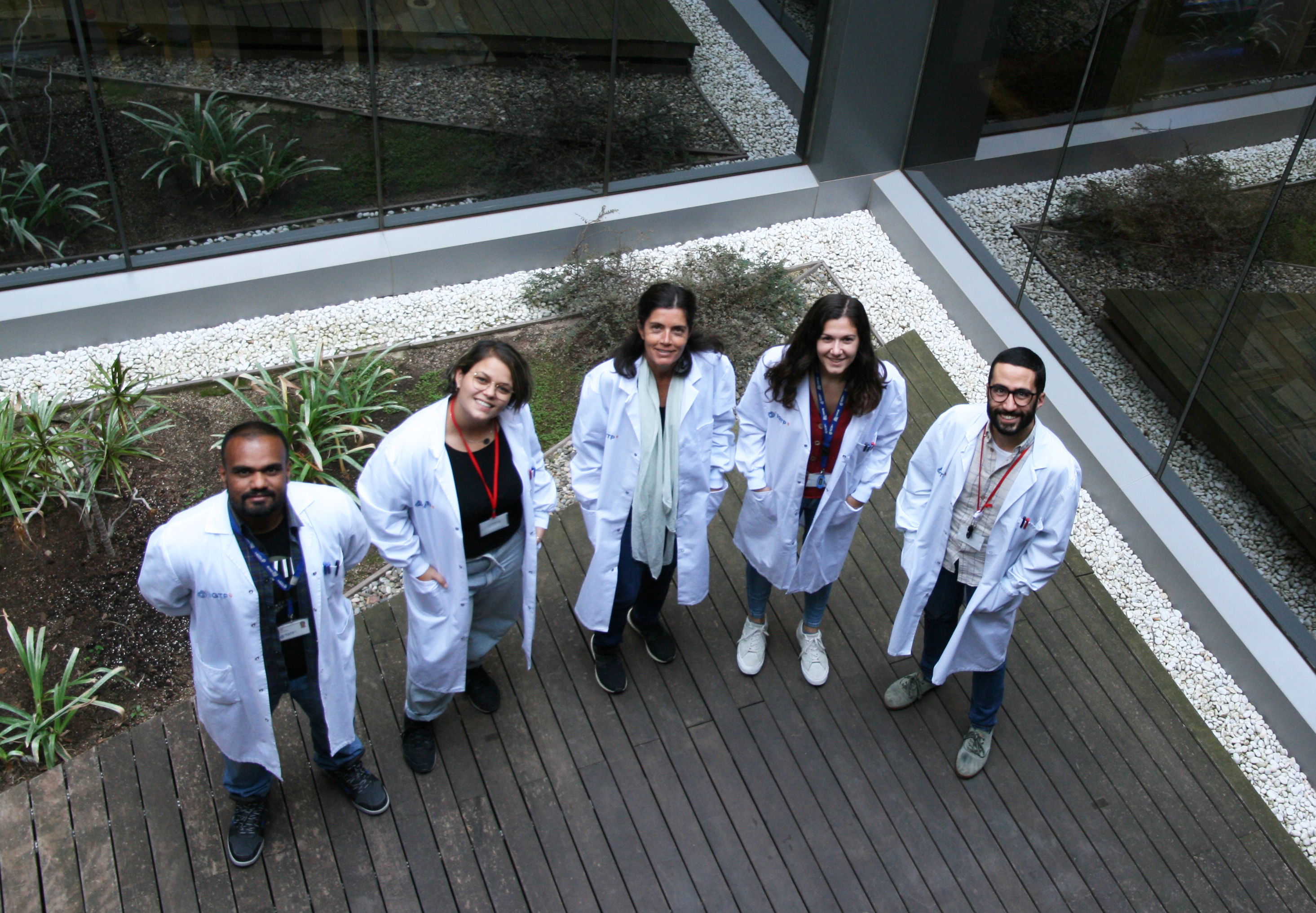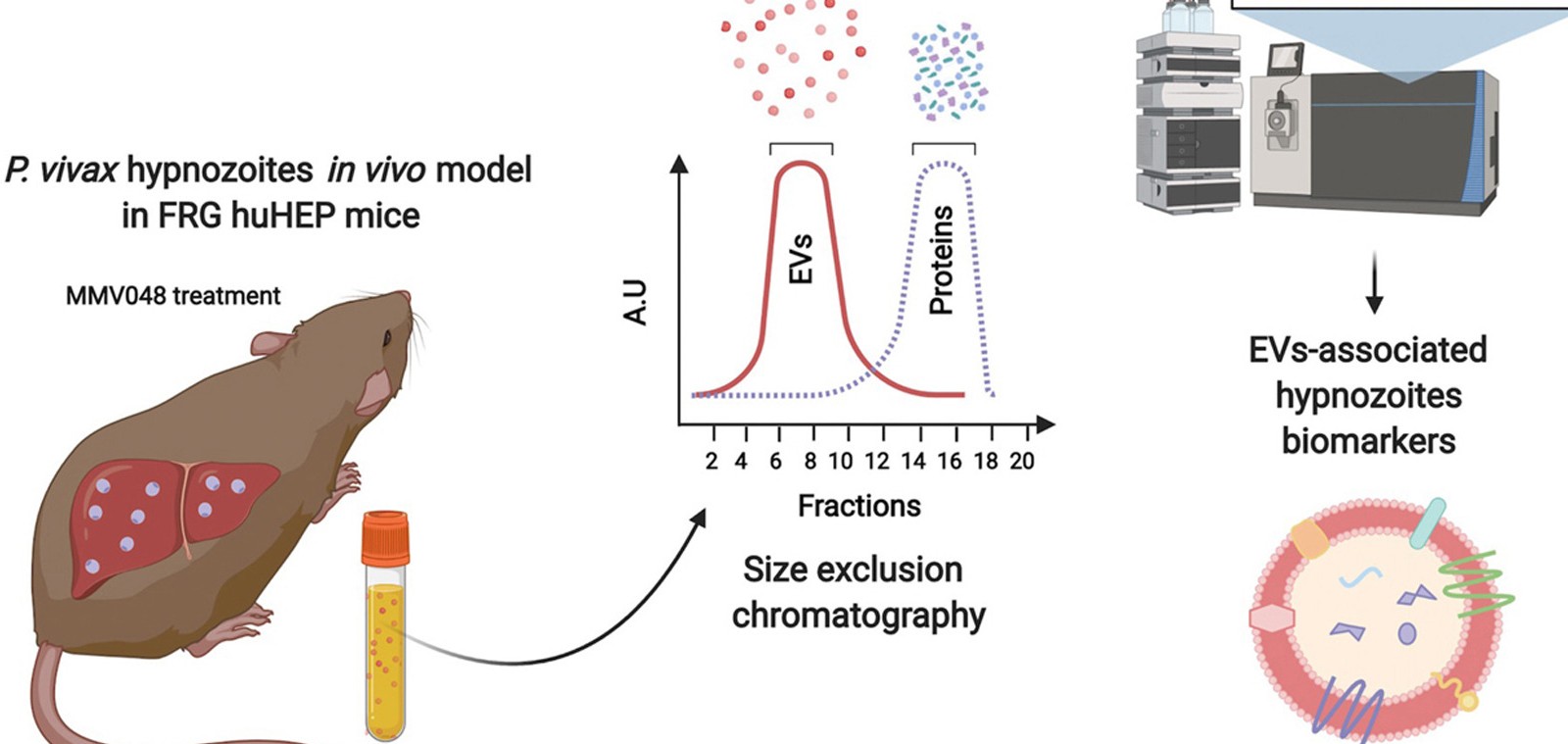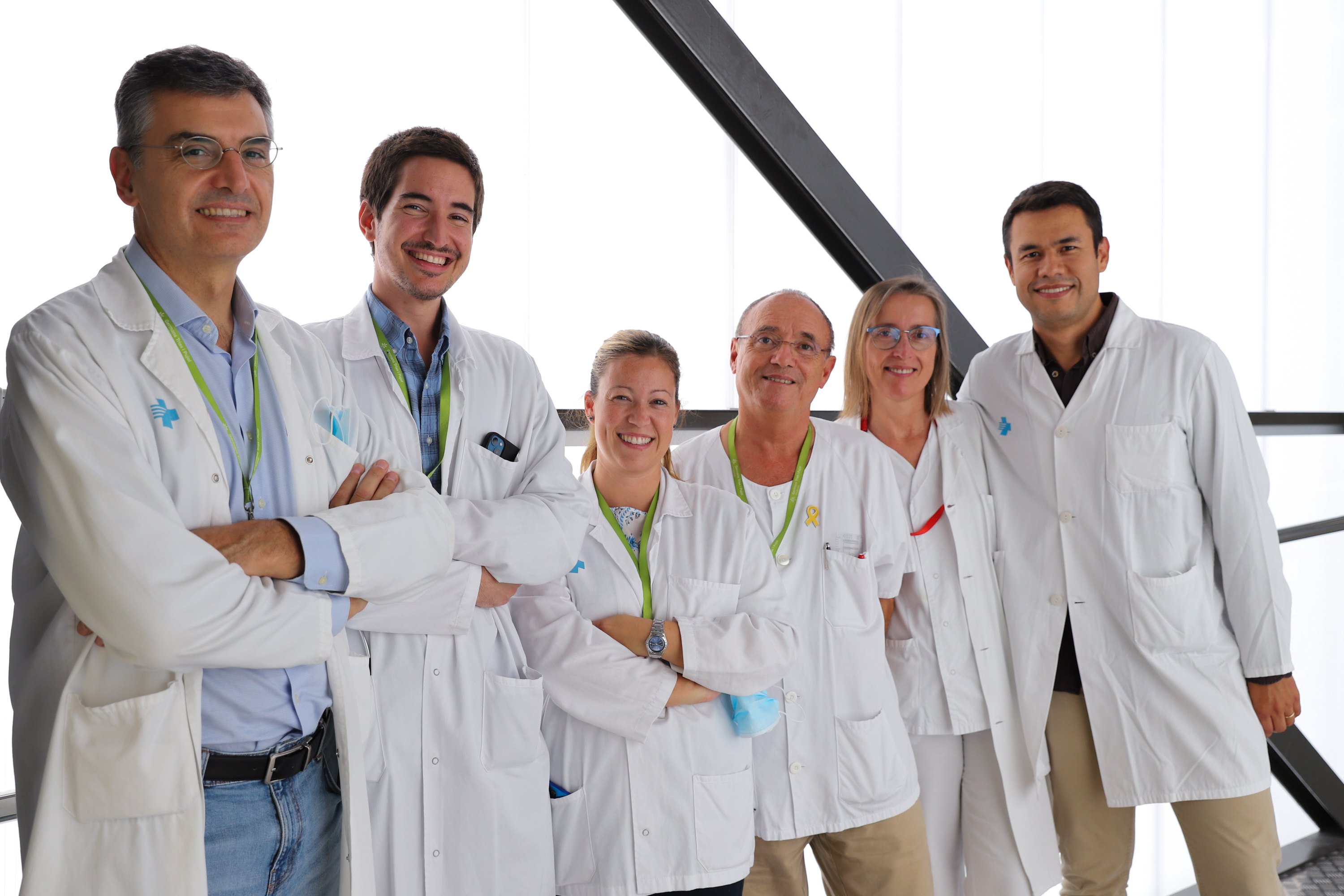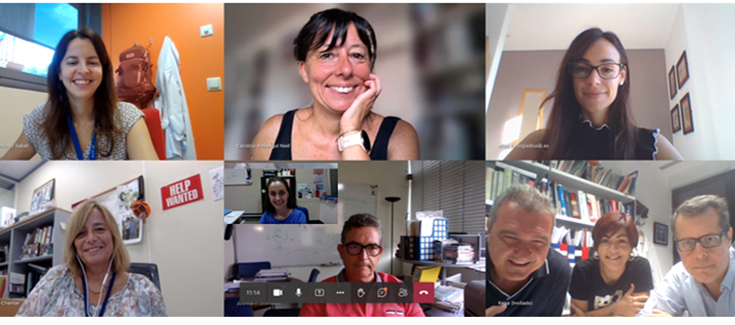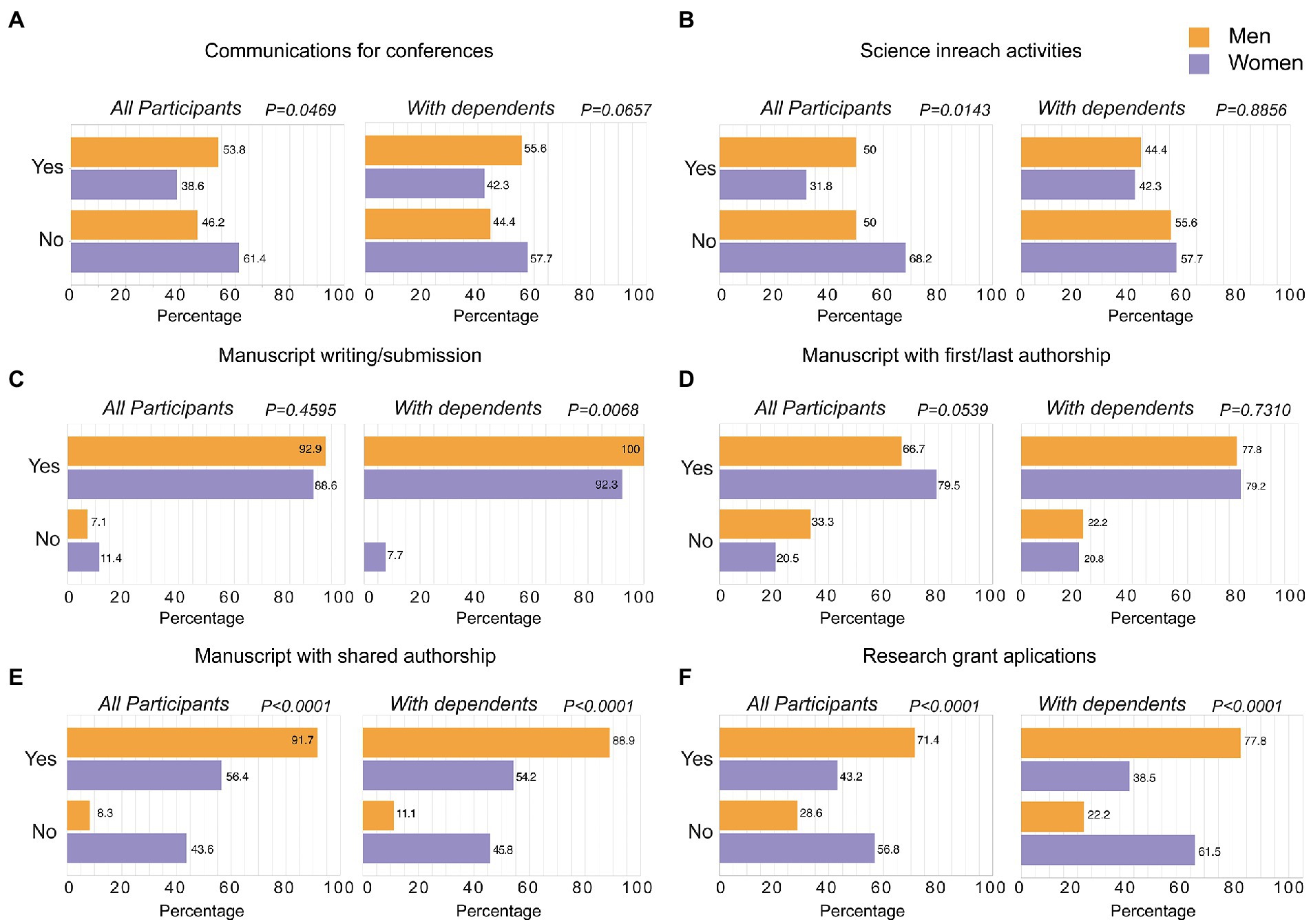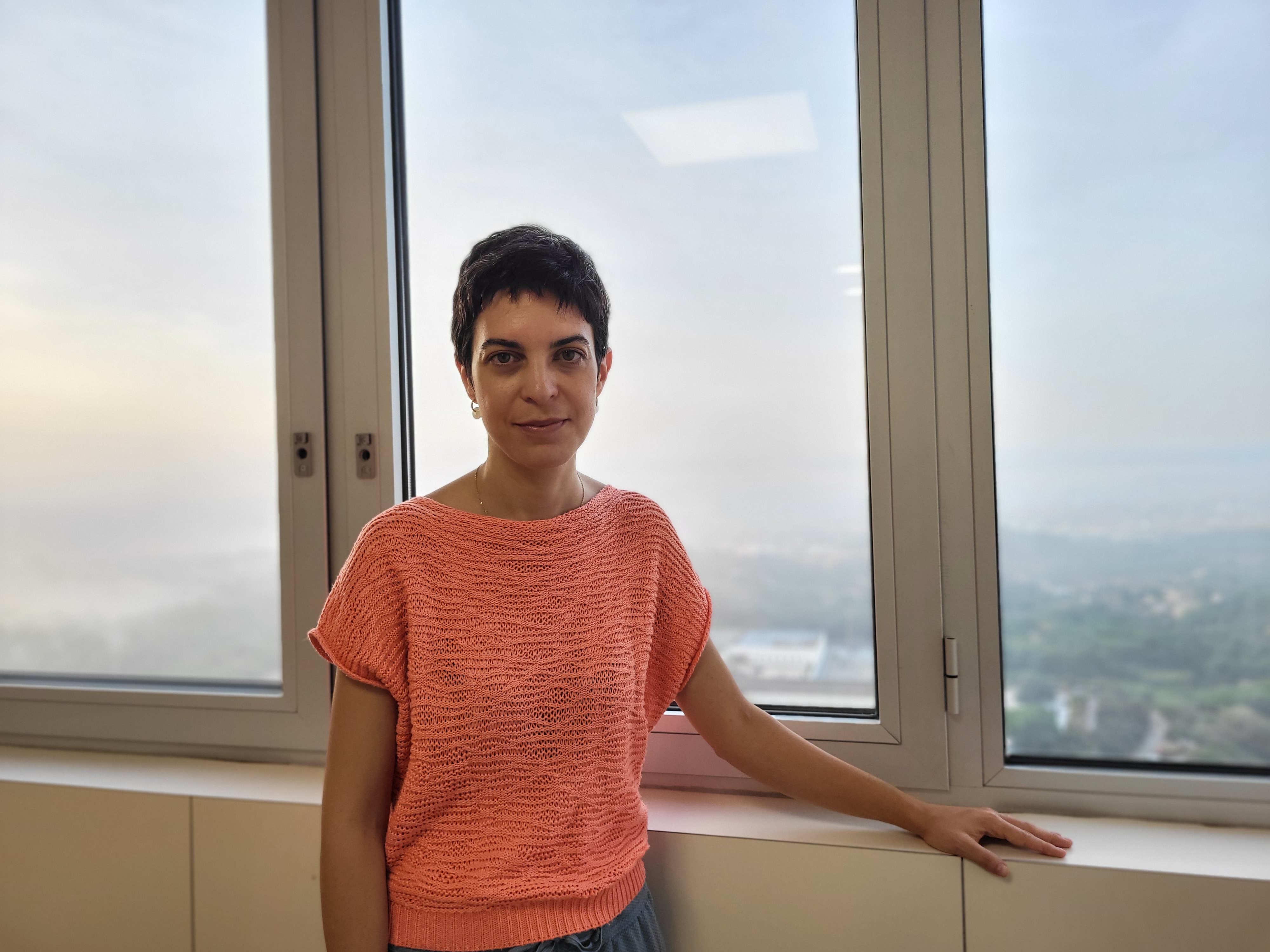Two studies from the Immunology group on autoimmunity and hematopoietic stem cells show promising therapeutic potential
The first study, published in Nanomedicine: Nanotechnology, Biology and Medicine, seeks a strategy to safely and definitevely restore self-tolerance in autoimmune diseases; the second, in Archivum Immunologiae et Therapiae Experimentalis, bets on making the most of umbilical cord blood cells, key against hematological diseases
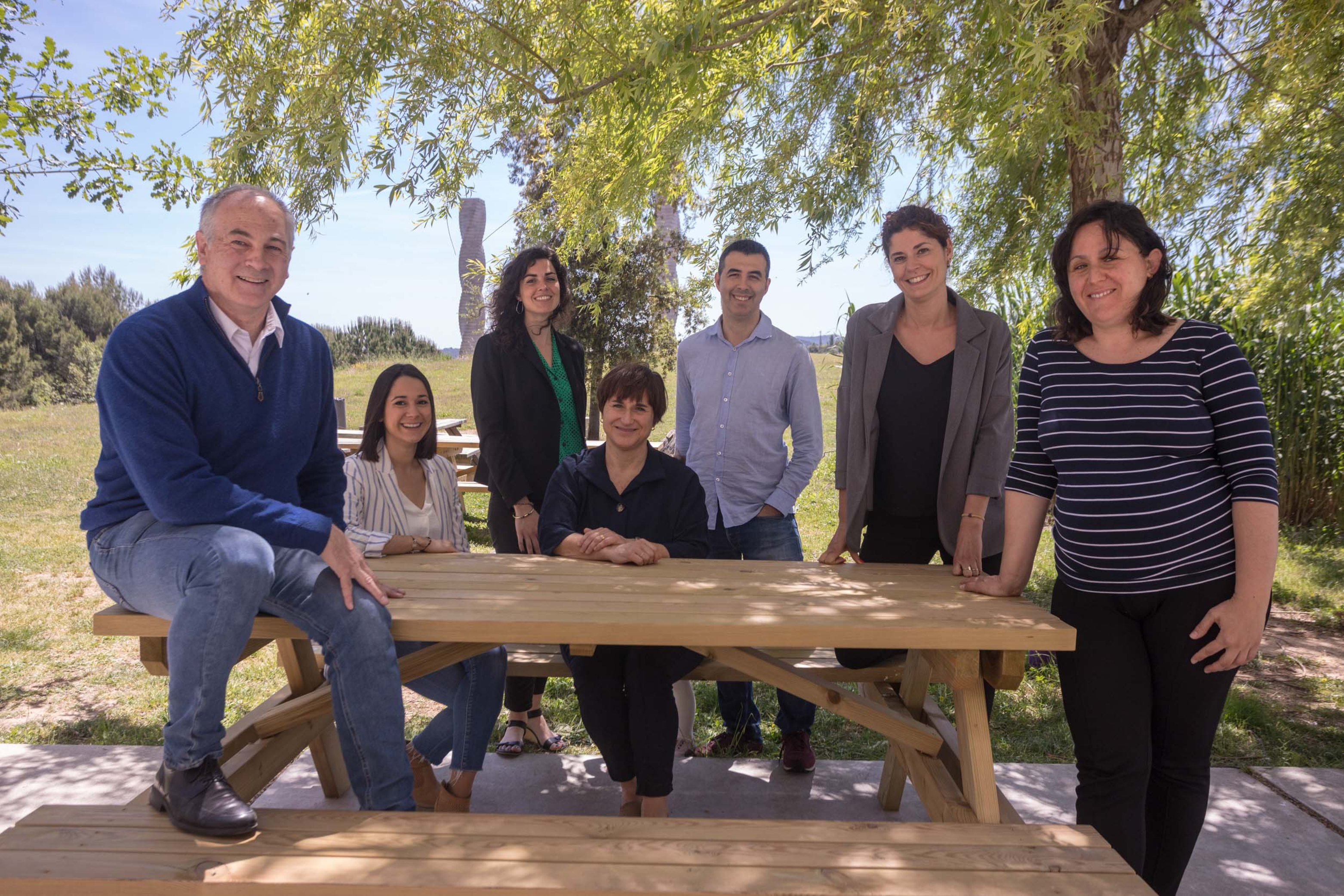

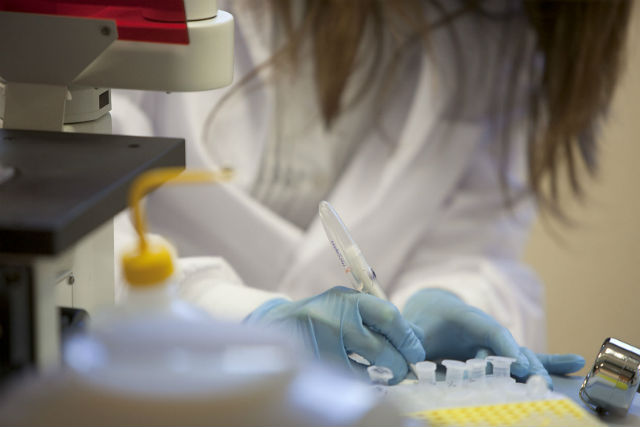
_1670407077.jpg)
